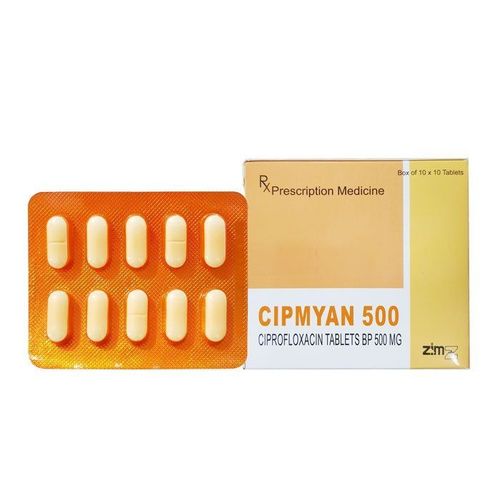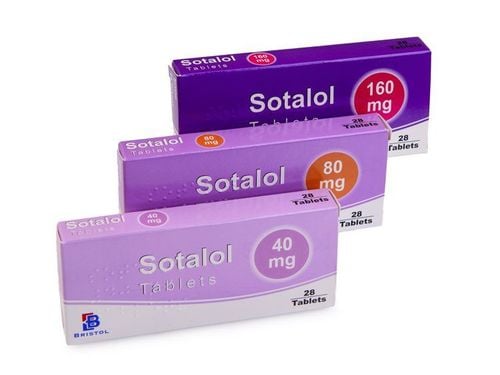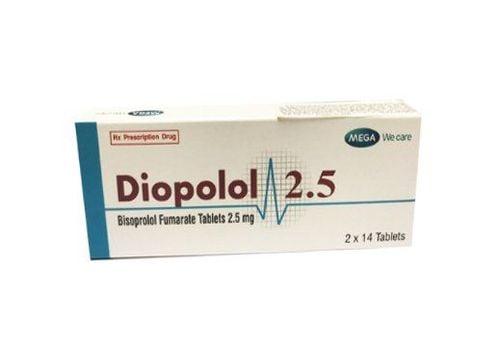This is an automatically translated article.
Arrhythmia can happen to anyone. Patients will experience a condition where the heart beats too fast, too slow or sometimes fast and slow, even other arrhythmias such as atrial fibrillation, extrasystoles and paroxysmal tachycardia, etc. Heart arrhythmias can cause dangerous complications if not detected and treated early. Let's find out if arrhythmia is dangerous and how to treat it in the following article.
1. What is an arrhythmia?
Heart rate is the rate of heartbeats in 1 minute. The heart rate is controlled by regulatory electrical impulses. Heart rate is usually low at rest and increases with physical activity or exertion.
For healthy adults, heart rate ranges from 60 to 90 beats/minute. However, the heart rate increases with anxiety, nervousness, fever, and vigorous exercise. Under normal health conditions, this increase and decrease in heart rate will quickly return to normal.
Arrhythmia characterized by irregular heartbeat or heart rate such as too fast, too slow, irregular, ... Arrhythmia is defined when the resting heart rate is higher than 100 beats/min (tachycardia) or less than 60 beats/min (bradycardia).
Cardiac arrhythmia is dangerous regardless of the cause of the arrhythmia, symptoms and comorbidities. Therefore, patients need to be equipped with knowledge for early detection and timely treatment of arrhythmias.
2. What are the symptoms of arrhythmia?
Cardiac arrhythmias can make the heart pump blood less efficiently and cause symptoms such as:
Palpitations, palpitations: As the most common symptom of an arrhythmia, the patient may have sensations. palpitations or the feeling that the heart stops for a few seconds accompanied by a heartbeat. Sometimes the patient feels like being punched in the chest. In addition, the patient may experience dizziness, lightheadedness, and fainting. The heart beats faster than normal or slower than normal. Fatigue, shortness of breath: Prolonged arrhythmia reduces the efficiency of the heart to pump blood, making the patient feel short of breath and tired. Chest pain: Is a dangerous sign of arrhythmia, often appearing in patients with other cardiovascular diseases such as coronary artery disease and myocardial infarction, ...
3. What causes arrhythmia?
Cardiac arrhythmias may arise when patients have psychological disorders, stress, strenuous labor, use stimulants such as alcohol, coffee, tobacco and tea, ...
In addition Cardiovascular diseases such as myocardial ischemia, valvular heart disease, myocarditis, congenital heart disease also affect the conduction of impulses in the heart and lead to arrhythmias.
In addition, patients with a number of other dyslipidemic diseases can increase the risk of heart arrhythmias such as hypertension, obesity, hyperthyroidism, diabetes, pneumonia - bronchiolitis, deficiency blood, electrolyte disorders, drug use (drugs that prolong the QT interval, antiarrhythmic drugs, ...).
Patients with arrhythmia need to be carefully examined, determine the cause to have an early treatment for arrhythmia, to avoid causing dangerous complications.
4. Types of arrhythmia
Is cardiac arrhythmia dangerous is a concern of many patients. According to medical experts, arrhythmia causes if it affects the pumping function of the heart and leads to shortness of breath, palpitations, dizziness, fainting, it will become dangerous. Patients should be careful with the following types of arrhythmia:
Atrial fibrillation: The most common type of arrhythmia that accelerates the heart rate rapidly, suddenly, causing the atria to not beat, leading to inability to eject. blood into the ventricles. Stagnant blood in the atria will easily form blood clots, which can cause embolism and stroke. Ventricular tachycardia: Causes the heart to contract and pump blood faster than normal. Ventricular tachycardia makes patients tired, dizzy and short of breath. If the arrhythmia is not detected early and treated promptly, it can turn into ventricular fibrillation, a dangerous form of arrhythmia. Ventricular fibrillation: Occurs when the heart beats so fast that the ventricles do not have time to squeeze but only vibrate, leading to a sudden drop in blood pressure. Ventricular fibrillation is a cardiovascular emergency that, if not treated promptly, will result in sudden cardiac arrest, which can lead to death.
5. Is arrhythmia dangerous?
Dangerous arrhythmia no longer depends on the type of arrhythmia, the cause of the arrhythmia, ... Arrhythmia can lead to danger by increasing complications such as.
Stroke : Arrhythmia can lead to the formation of blood clots in the blood vessels, when the clots travel to the brain, into the small blood vessels, blocking the flow of blood. This leads to insufficient blood supply to the brain and a stroke. Heart failure: Prolonged arrhythmia makes the heart's pumping activity less efficient, the heart is not well nourished, leading to heart failure. Complications due to occlusion: Splenic infarction, thrombosis causing limb necrosis, renal infarction and mesenteric infarction, ...
6. Treatment of arrhythmia
Arrhythmias may be difficult to recognize at first and are not yet dangerous. However, this condition will gradually worsen due to cardiovascular damage, leading to many serious complications. Therefore, it is necessary to detect and treat arrhythmias early to prevent complications.
Treatments for arrhythmias such as drug therapy, electric shock, implantation of pacemakers and defibrillators, ...
7. What to do to prevent arrhythmia?
Dangerous arrhythmias no longer depend on proactively preventing symptoms of the disease. To prevent arrhythmia, patients can lead a healthy lifestyle with a scientific diet, quit bad habits such as smoking, and exercise regularly. This both helps the patient get better and helps stabilize the heart rate.
Diet: Should eat 2-3 fish meals / week, eat sea fish because they contain a lot of omega-3, eat fresh vegetables and legumes, avoid eating a lot of protein, high cholesterol, ... Exercise Regular exercise helps stabilize the heart rate. Patients should exercise gently, moderately to help improve cardiovascular health. Eliminate bad habits such as drinking alcohol, smoking, using stimulants. Eliminate stress: patients should avoid stress, anxiety, anger, ... Currently, Cardiovascular Center - Vinmec International General Hospital is one of the leading centers in the country to visit. examination, diagnosis, screening and treatment of cardiovascular diseases. With the convergence of a team of experienced, reputable experts in the field of surgery, internal medicine, interventional cardiac catheterization and the application of advanced techniques in the diagnosis and treatment of diseases. Cardiovascular management, along with a system of modern equipment, on par with the most prestigious hospitals in the world such as: 3 Tesla MRI machine (Siemens), 640 CT machine (Toshiba), other equipment EVIS EXERA III advanced endoscope (Japan Olympiad), Avace high-end anesthesia system, Hybrid operating room according to international standards... The Cardiovascular Center at Vinmec International General Hospital has achieved many successes. work and gain the trust of a large number of patients.
Please dial HOTLINE for more information or register for an appointment HERE. Download MyVinmec app to make appointments faster and to manage your bookings easily.













